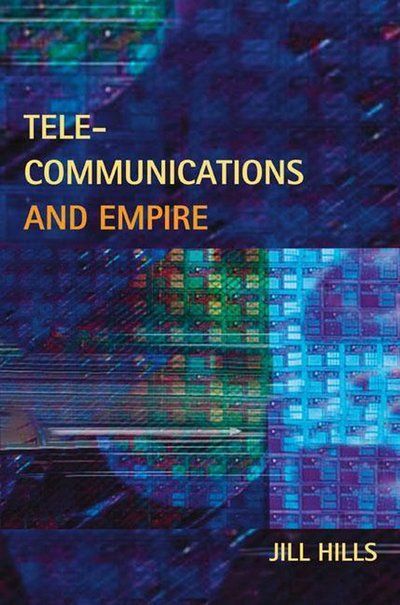[Do check out our extensive bibliographies for more readings.]
There's no much use trying to think about digital technology without situating it properly in the geopolitical system. This involves making links to Wall Street and the Pentagon; making sense of inserstate competition between the US and China; it involves learning from the struggles (most often unsuccessful) for technological sovereignty by smaller states.
It's true that one doesn't need any of that to understand how a blockchain works. But it's impossible to make sense of its political and geopolitical potential of crypto without knowing something about the world that they are claiming to disrupt and revolutionise. If one's conception of that world is naive and one-dimensional, it's not surprising that one would make all sorts of revoultionary claims for crypto.
Over many decades now, the work of Dan Schiller – and of his late father Herbert - has provided a breath of fresh air, as it never neglected the geopolitical dimension to digital technologies.

The work of Jill Hills, especially her 2002 book, also remains invaluable; so is her 2007 manuscript, Telecommunications and Empire (University of Illinois Press has published many wonderful books in this vein over the past few decades, including this early conceptualization on how real cyber war and digital networks are used to further a state’s economic and military agendas).

Scholars in Canada have been surprisingly fertile when it comes to analysis technological infrastructures and networks from a geopolitical perspective. The work of Dwayne Winseck stands out in particular, especially his paper on the geopolitical economy of global internet infrastructure.
Those seeking a taste of just how deeper and more political debates about technology and money used to be should check out the truly remarkable 1983 book by Cees Hamelink Finance and Information: A Study of Converging Interests. If could dream to have this level of analysis and empirical detail in 2022, the world would be in much better shape.
Linda Weiss's America Inc.? remains one of the key texts for understanding the links between America's venture capital industry, its start-ups, and the military-industrial complex.

There's much work on the follies of America's "Internet freedom" agenda going way back to Hillary Clinton's tenture as Secretary of State. Evgeny Morozov documented some of those problems in The Net Delusion and also in his review of Alec Ross's book. As Olivier Jutel's work on "blockchain imperialism" reveals, the assumptions behind the "Internet freedom" agenda are still very much alive, the very same that undermined early Brazilian efforts to develop non US-dependent software industries (as studied by Sara Schoonmaker), only that now they support the funding and promotion of blockchain technologies.
